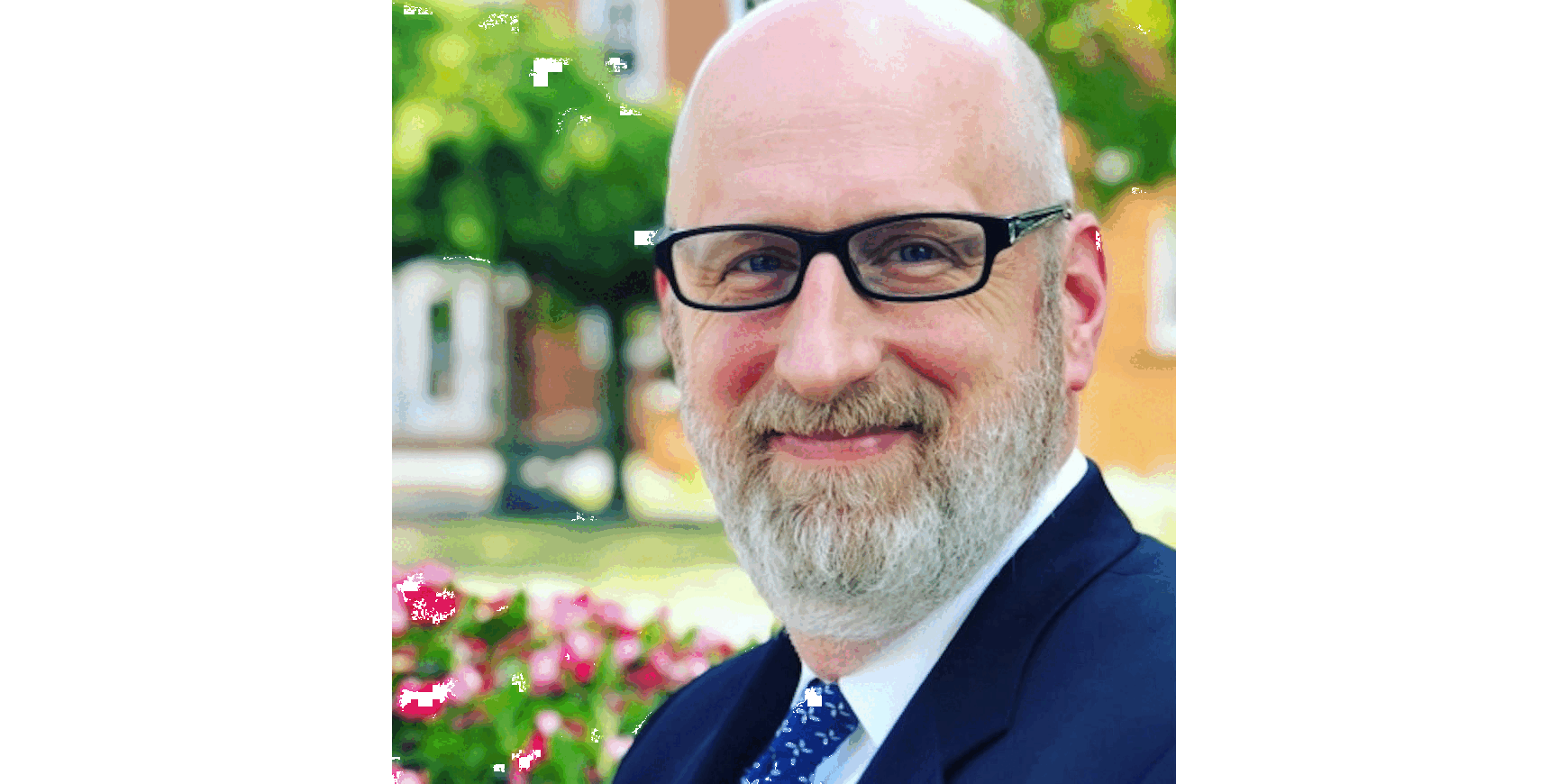Harwood is president and founder of The Harwood Institute. This is the latest entry in his series based on the "Enough. Time to Build.” campaign, which calls on community leaders and active citizens to step forward and build together.
On June 10-14, the Presbyterian Church in America held its annual denominational assembly in Richmond, Va. The PCA created considerable national buzz in the lead-up when it abruptly canceled a panel discussion featuring David French, the highly regarded author and New York Times columnist.
The panel carried the innocuous-sounding title, “How to Be Supportive of Your Pastor and Church Leaders in a Polarized Political Year.” The reason for canceling it? French, himself a long-time PCA member, was deemed too “divisive.” This despite being a well-known, self-identified “conservative” and PCA adherent. Ironically, the loudest and most divisive voices won the day.
Is this really what we need from our faith leaders at a time of such deep divides in our communities and in the nation? I pray not.
Much ink has been spilled decrying “cancel culture” and whether figures on the political left or political right suffer more from it. But far less attention is given to why individuals, groups and organizations feel canceling others is the only option available when faced with ideas and people we disagree with — or when the presence of those people results in backlash from those we see as allies, supporters or funders.
I’ve dedicated my 35-year career to transforming America’s hardest-hit communities and reconnecting institutions like schools, newsrooms and places of worship to society. Experience teaches me that we have another option besides surrendering to those who seek to cancel others and even shut down civic life altogether at signs of differing views or discomfort or dissonance.
In fact, I believe we especially need faith leaders today to exemplify an alternative approach to engaging in public and religious life — to be a voice informed by courage and humility and, yes, doubt.
In so many of the communities where I’ve worked over the years — from Flint, Mich., to Clark County, Ky. — faith leaders hold enormous influence. The faith community is critical to the civic culture in a community and the vibrancy of our wider shared society. But we face a particular challenge in America today. Too many faith leaders and religious groups are sowing difference and division.
Our urgent task is to shift the territory from difference and division to a focus on our shared aspirations for our lives and communities. In doing so, we must be clear: We are not asking anyone to give up their religious identity, doctrines or beliefs. As a person of faith myself, I know I would bristle at the notion that I need to somehow give up my beliefs when doing community work.
Instead, consider these questions. Can we hold onto our individual religious identity and beliefs while lifting up our heads for long enough to discover and work toward a shared purpose with others? Equally important, are we willing to do this with those we may even disagree with when it comes to our political views or specific religious doctrine?
When I pose those two questions to faith leaders, the answers I get are resoundingly positive. Every day I am heartened by the work being advanced by faith leaders in the communities where we’re working deeply. Places like Alamance County, N.C. —one of the most divided places in the country — and Reading, Pa., once named the poorest community in America. Faith leaders in those and many other communities are coming together to work on the shared aspirations of their communities and engender authentic hope among people. It is because they are willing to discern where they can work together for the betterment of their communities and get moving together on action that addresses what really matters to people.
They offer a lesson to groups that aim to live out a civic purpose in society. Canceling someone like David French does nothing for our shared civic — let alone religious — lives. It short-circuits our ability to come together to build stronger communities. And, in turn, a stronger country.
There are real differences in our country. We all know this. Let’s name it but let’s not use it as an excuse for inaction or continued separation. It’s high time we focused on what we can agree on and what shared actions we can take in order to move forward together.
Amid the decline in religious affiliation, I believe faith leaders have a necessary and vital role to play in our civic lives. In fact, they have much to teach us about what it means to hold — even restore — our faith in one another, which is in part the purpose of my national civic campaign, “Enough. Time to Build.”
But that won’t happen if various religious groups and leaders choose to close down civic life just when we most need to open ourselves up and turn outward toward one another.




















Trump & Hegseth gave Mark Kelly a huge 2028 gift